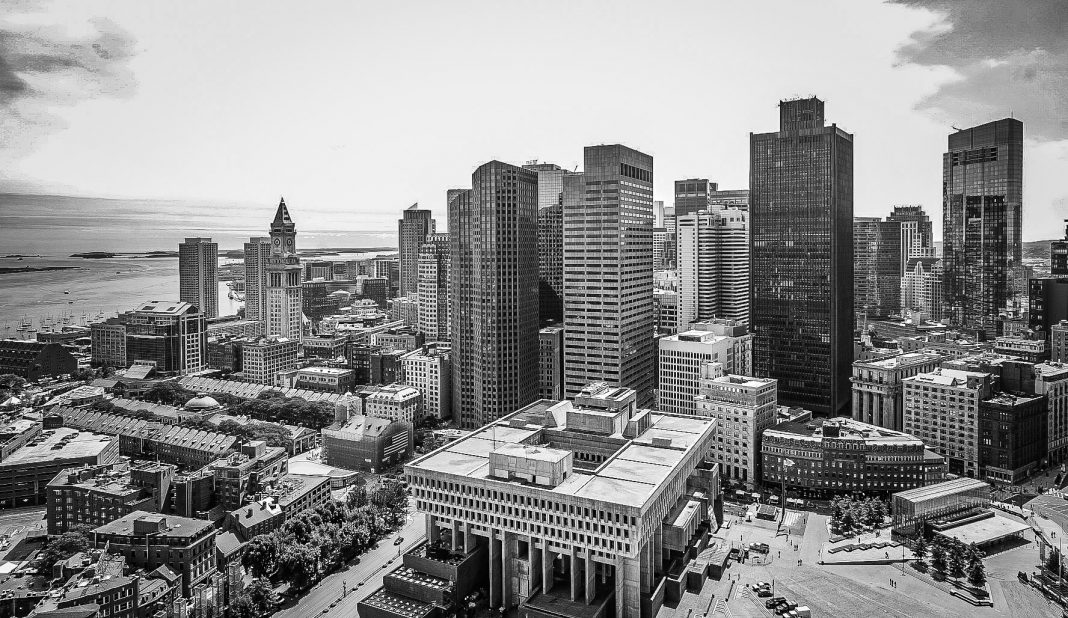City Councilor Liz Breadon (District 9) offered a hearing on zoning variances in Boston amid the ongoing conversation about rebuilding trust with residents regarding the Zoning Board of Appeal (ZBA) at a recent City Council meeting.
According to Breadon, the Boston Zoning Code exists to preserve and protect neighborhoods against development that could potentially compromise an area’s characteristics. Approval of zoning variances—granting permission to deviate from specific Zoning Code requirements—were intended to be allowed sparingly. However, the ZBA has granted over 900 zoning variances within the last year.
Councilor Breadon pointed out the impact that excessively granting variances have on Boston neighborhoods, stating that “the liberal granting of variances in many of our residential neighborhoods incentivizes speculation, which in turn drives gentrification and displacement for many of our long-term residents.”
Breadon talked about the familiar scenario of buildings being purchased by anonymous investors across Boston’s neighborhoods and demolished to make way for expensive new buildings that would displace existing residents, pushing them out of their neighborhoods. She also linked excessive zoning variance approvals to Boston’s ever-increasing housing costs and expressed the importance of better controlling how many variances are granted in neighborhoods.
This issue arises amid a recent executive order signed by Mayor Walsh aimed at increasing transparency and efficiency of the ZBA. The proposed hearing calls for officials to further examine the process for granting zoning variances as well as the factors considered and the standards that the ZBA would adhere to when determining its approval for variances.
District One City Councilor Lydia Edwards who represents the North End, East Boston, and Charlestown, has been calling for an overhaul of the ZBA since 2019. Watch her January updates to the North End/Waterfront Residents’ Association (NEWRA) and North End/Waterfront Neighborhood Council (NEWNC), where she calls for a functional ZBA that doesn’t rubber stamp everything so that Boston residents will trust growth again.





What forces people out of the neighborhoods is less the new of construction than they increased cost of living. The valuation of the properties is driven up and do is the property tax. When people are driven out, the biggest bill of all is collected by the City. Seniors have the most trouble when thier income is fixed, but the valuation of their property is unlimited.